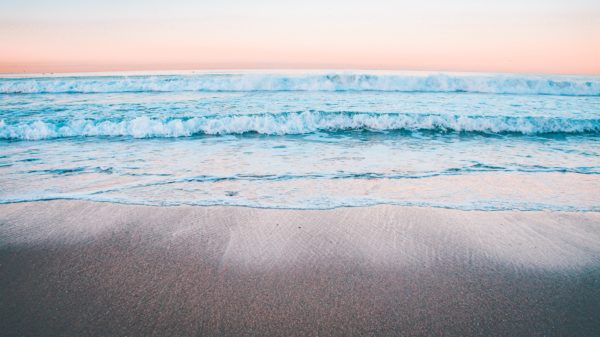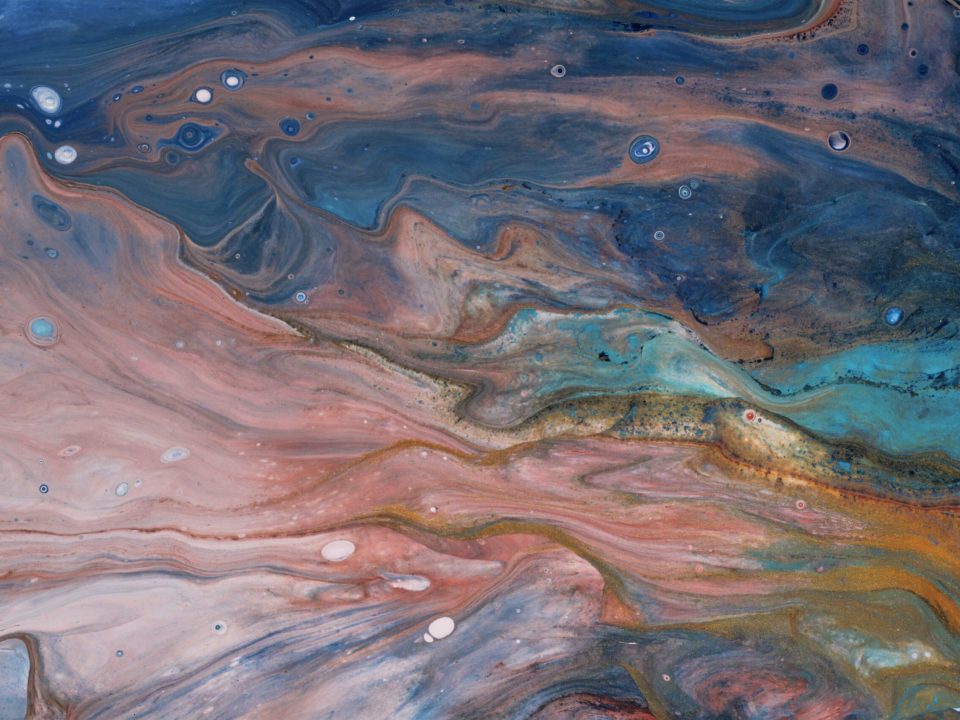Living in Light of the Boundary of Death: A Story of Land and Water
I recently read a new book called, With the End in Mind where the author, Kathryn Mannix, described at the end how she moves through life with hope and openness despite her daily job of sitting by deathbeds. She spoke about dying in a way I had never heard before – not dramatically or fearfully or even calmly, her words held conviction and peace. At the end of her book she writes that death is a “mandated temporal boundary that makes time and relationships priceless.” And she is comforted by that. She goes on to say,
“Awareness of the temporary essence of all lived experience is humbling. That is why Roman generals who were granted a Triumph (a congratulatory public parade to mark their accomplishments) were accompanied in their chariot throughout the pomp and cheering by a slave whose role was to remind them of their mortality, and that this moment too will pass” (Mannix, 323).
Woah.
I love this.
As I thought about the incredible symbolism of that dark passenger ever reminding us that time is fleeting, I thought of the ocean. In college, I visited Utah and felt a distinct discomfort over the intensive all-surrounding mountain scape. I remember thinking, “this doesn’t end … there’s no place close where all of this stops”. It made me realize that the ocean was a very important place in my subconscious. Important because it was an ever-present and only-miles-away place where the toil, traffic, and demands of our human constructs cease.
I believe this natural boundary is a gift that we rarely recognize for what it is – an end. We need ends, boundaries, places that save us from more of the same.
The ocean is, for me, a perspective clearer – much in the way that death is. When in the presence or contemplation of either concept, there is awe, fear, power, wonder and an eventual retreat away. Most of us don’t stay at the beach just as most of us don’t desire or need to be in constant company with our mortality.
So, when do we go to the beach and seek out what it offers us? Many of us go when we want a break or on a special vacation. Others go to the beach when we are troubled and need a place to refresh and renew our weary perspective. It feels uncomfortable to say that the ocean is a metaphor for death, like I’m turning something beautiful into something bleak. But I feel that the idea of this is so in line with Mannix’s philosophy and approach to death. She views death as so much more normal than we ever want to believe it is. And with a look of awe over the story of death, she finds the symbolism of it in nature comforting rather than frightening.
My hope is that this idea of the ocean and what it can represent for us, gives us a sense of comfort and familiarity with checking in on our mortality. When we check in on it, our perspectives are refocused and honed giving us intention to live better. And we don’t just need this once in our lives, but repeatedly. Maybe even, as often as we go to the beach.




